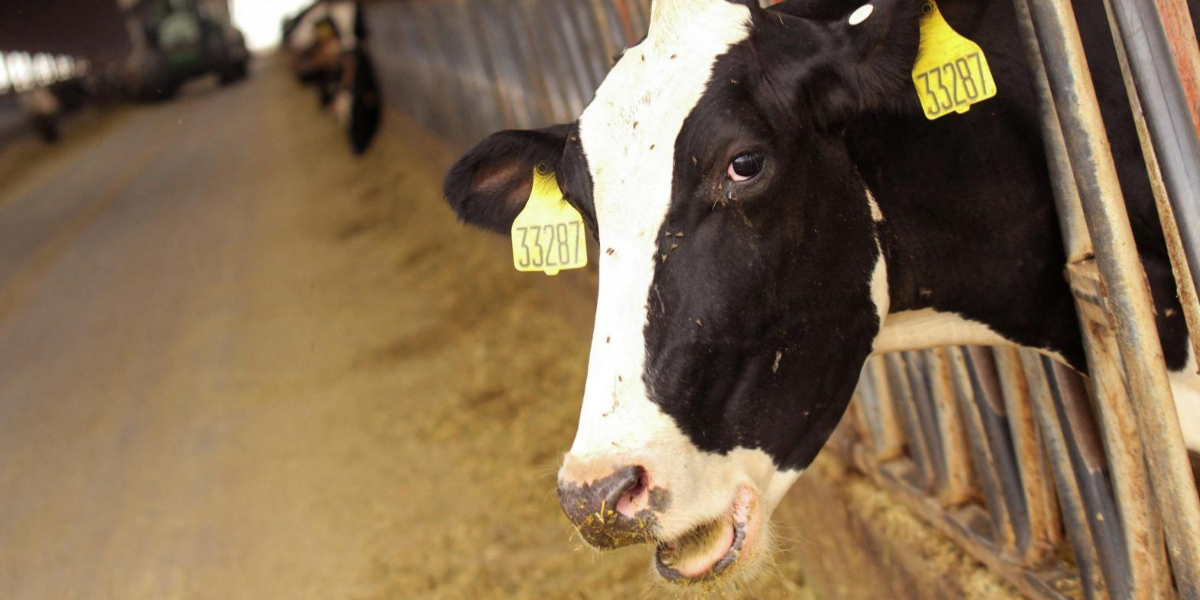New Zealand has announced plans to tax cows and sheep, one of New Zealand’s largest greenhouse gas emitters.
This will be the first country to charge farmers for methane emissions from animals. New Zealand has a population of over 5 million and has about 10 million cattle and 26 million sheep.
About half of the country’s total greenhouse gas emissions come from agriculture, mainly methane. However, agricultural emissions were not previously included in New Zealand’s emissions trading system, which has been criticized by critics of the government’s need to do more to combat global warming.
Read more: New Zealand will charge for sheep and cow burps in order to reduce greenhouse gas emissions
New Zealand Climate Change Minister James Shaw said: “There is no doubt that methane emissions need to be reduced and an effective system for setting agricultural emissions prices will play a key role in doing so.” According to the proposal, farmers will have to pay for gas production by 2025.
The plan also includes incentives for farmers to reduce emissions by adding fodder, and planting trees on the farm can be used to offset emissions. Andrew Hogard, a dairy farmer and national chairman of Commonwealth Farmers in New Zealand, told the BBC that he had largely endorsed the proposal.
“We’ve been working with governments and other organizations for years to get a non-stop approach to agriculture in New Zealand, so we’ve signed a lot of things that will make us happy.”
“But did you know that there are some dead rats that need to be swallowed, as in any type of contract with many stakeholders?” He added. Hoggard also said no agreement had been reached on the details of implementing the plan.
Read more: Biden and New Zealand leader air shared concern about China’s Pacific ambitions
“There is still a lot of work to be done with the government, so there are still issues to be resolved, such as who makes the plans.”
The funds raised from this plan will be invested in research, development and consulting services for farmers, according to the Ministry of Environment. Last month, New Zealand’s finance minister pledged $ 2.9 billion ($ 1.5 billion and $ 1.9 billion) to fight climate change to fund a system that sells taxable emissions to polluters.
Investors managing $ 14 trillion in assets called on the United Nations on Thursday to draw up a comprehensive plan to stabilize the agricultural sector. In a first letter to the Food and Agriculture Organization of the United Nations, Reuters reported that the FAIRR initiative had taken over the leadership of the Food and Agriculture Organization of the United Nations for one of the world’s largest climate sources. Change. harmful emissions.
Methane is the second most common greenhouse gas after carbon dioxide (CO2). It accounts for a third of the current warming due to human activity and is one of the strongest. Individual methane molecules have a stronger warming effect on the atmosphere than individual CO2 molecules. At the COP26 environmental conference in Glasgow last year, the United States and the European Union (EU) agreed to reduce gas emissions by 30% by 2030. More than 100 countries participated in the initiative, including New Zealand.

















